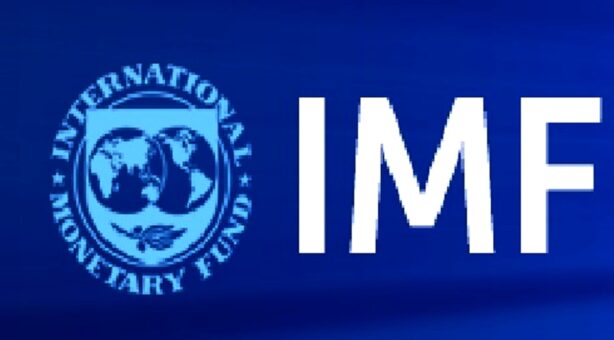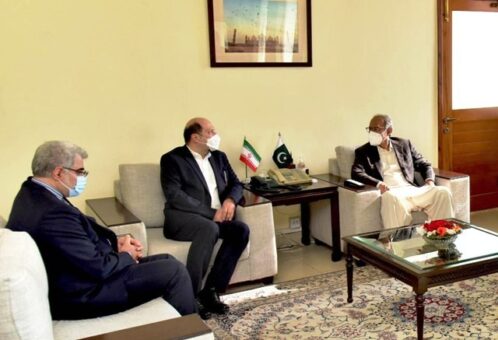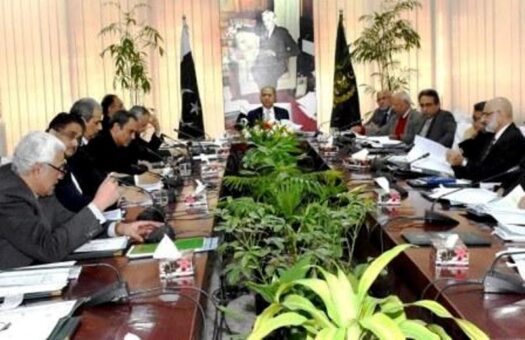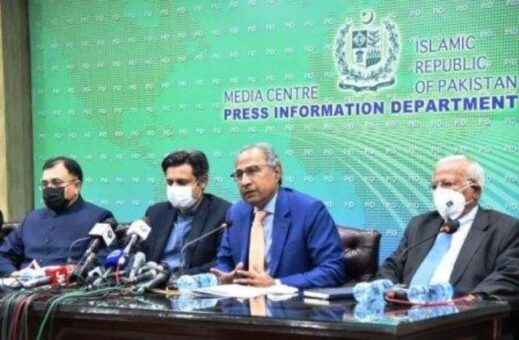Washington, DC: The Executive Board of the International Monetary Fund (IMF) on Wednesday allowed disbursement of $500 million under Extended Fund Facility (EFF) for Pakistan.
The IMF board completed the second through fifth reviews of the Extended Arrangement under the EFF for Pakistan. The board’s decision allows for an immediate disbursement of SDR 350 million (about US$500 million), bringing total purchases for budget support under the arrangement to about US$2 billion, said a statement issued by the IMF.
Pakistan’s 39-month EFF arrangement was approved by the Executive Board on July 3, 2019 about $6 billion at the time of approval of the arrangement, or 210 percent of quota.
The program aims to support Pakistan’s policies to help the economy and save lives and livelihoods amid the still unfolding Covid-19 pandemic, ensure macroeconomic and debt sustainability, and advance structural reforms to lay the foundations for strong, job-rich, and long-lasting growth that benefits all Pakistanis.
Following the Executive Board discussion on Pakistan, Ms. Antoinette Sayeh, Deputy Managing Director and Acting Chair, issued the following statement:
“The Pakistani authorities have continued to make satisfactory progress under the Fund-supported program, which has been an important policy anchor during an unprecedented period. While the Covid-19 pandemic continues to pose challenges, the authorities’ policies have been critical in supporting the economy and saving lives and livelihoods. The authorities have also continued to advance their reform agenda in key areas, including on consolidating central bank autonomy, reforming corporate taxation, bolstering management of state-owned enterprises, and improving cost recovery and regulation in the power sector.
“Reflecting the challenges from the unfolding pandemic and the authorities’ commitment to the medium-term objectives under the EFF, the policy mix has been recalibrated to strike an appropriate balance between supporting the economy, ensuring debt sustainability, and advancing structural reforms while maintaining social cohesion. Strong ownership and steadfast reform implementation remain crucial in light of unusually high uncertainty and risks.
“Fiscal performance in the first half of FY 2021 was prudent, providing targeted support and maintaining stability. Going forward, further sustained efforts, including broadening the revenue base carefully managing spending and securing provincial contributions, will help achieve a lasting improvement in public finances and place debt on a downward path. Reaching the FY 2022 fiscal targets rests on the reform of both general sales and personal income taxation. Protecting social spending and boosting social safety nets remain vital to mitigate social costs and garner broad support for reform.
“The current monetary stance is appropriate and supports the nascent recovery. Entrenching stable and low inflation requires a data-driven approach for future policy rate actions, further supported by strengthening of the State Bank of Pakistan’s autonomy and governance. The market-determined exchange rate remains essential to absorb external shocks and rebuild reserve buffers.
“Recent measures have helped contain the accumulation of new arrears in the energy sector. Vigorously following through with the updated IFI-supported circular debt management plan and enactment of the National Electric Power Regulatory Authority Act amendments would help restore financial viability through management improvements, cost reductions, regular tariff adjustments, and better targeting of subsidies.
“Despite recent improvements, further efforts to remove structural impediments will strengthen economic productivity, confidence, and private sector investment. These include measures to (i) bolster the governance, transparency, and efficiency of the vast SOE sector; (ii) boost the business environment and job creation; and (iii) foster governance and strengthen the effectiveness of anti-corruption institutions. Also, completing the much-advanced action plan on AML/CFT is essential.”






